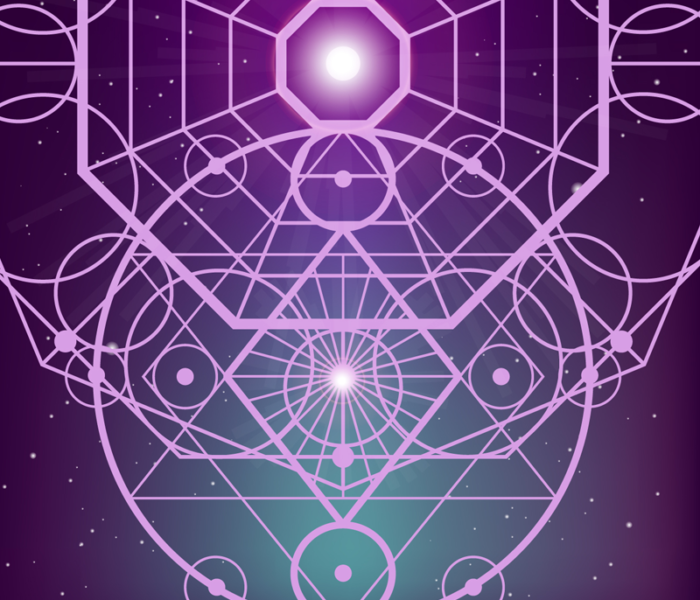
Building intimate connections can be one of the most rewarding and challenging aspects of adult life. Lack of intimacy and feelings of isolation including within the context of a relationship can be a contributing factor to psychological distress.
Couples can become sick, where something feels as if it is missing, where patterns of argument and fighting repeat without being resolved, where addiction and co-addiction overtake the healthy capacity to connect more authentically.
Oppressive norms such as heteronormativity and disabling belief systems like racism, classism, femme-hatred, homophobia and transphobia can intrude into the well-being of relationships. Relationships can also become a venue for enacting, often unintentionally, old patterns of hurt, neglect, or abuse.
Psychotherapy can provide a productive arena to first acknowledge the realities of the relationship, whether through individual work or couple therapy. It can provide a venue to realistically and compassionately assess what is challenging to an existing or desired relationship and what may be interfering with growing individually or as a couple, accepting one’s own sexuality, erotic interests, financial needs, relationship values (e.g. monogamy, polyamory, open relationships, being solitary), and extra-relationship values (e.g., family, friends, community and religious life). And it can offer insight, skills, and tools needed to reduce conflict, sustain stability, and build enduring intimacy over time.
Sometimes psychotherapy can offer an opportunity for couples to explore the possibility of deepening a relationship and solidifying commitment, or sometimes it can be a respectful and loving way of allowing a relationship to come to a natural close.

